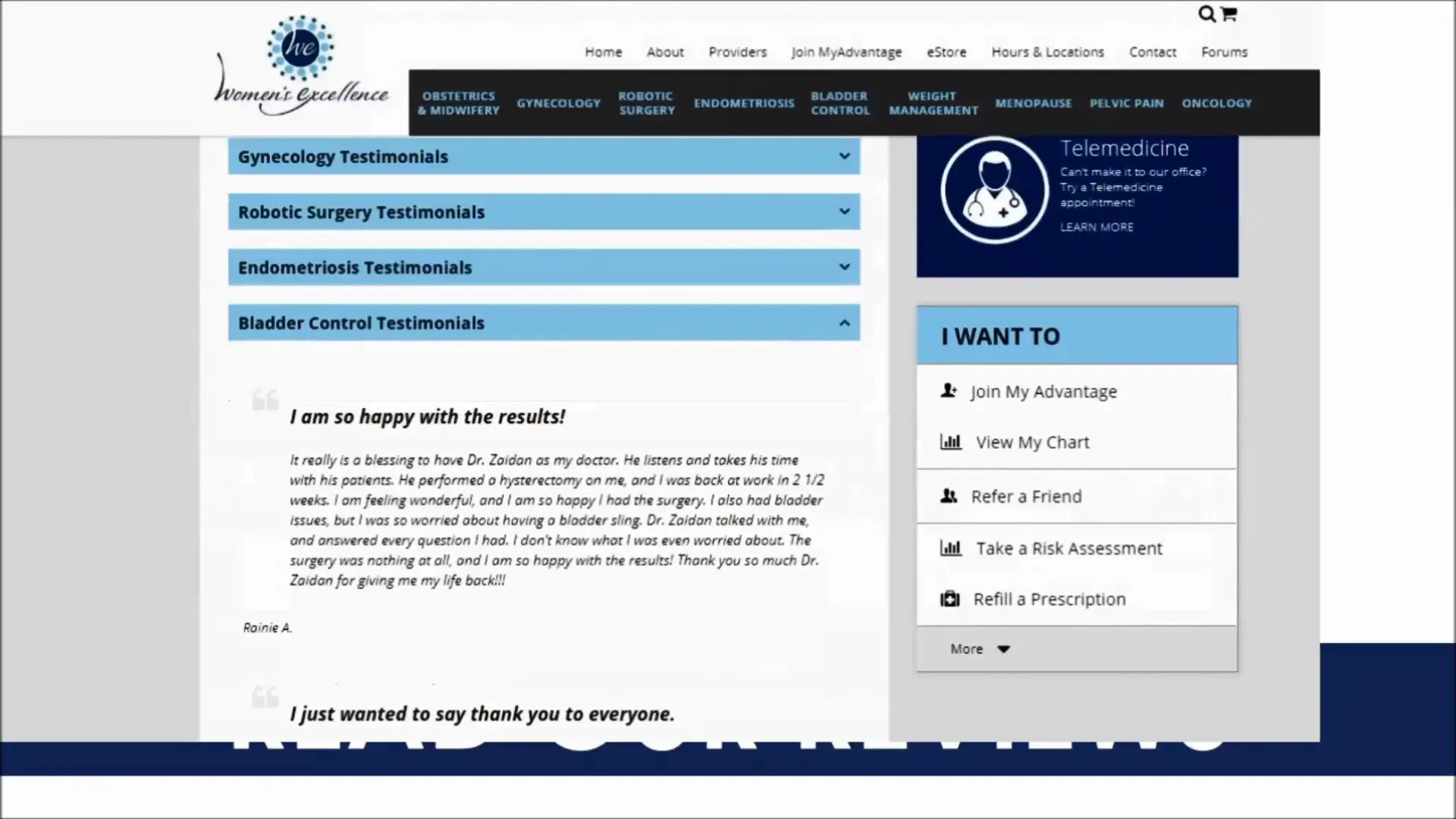The main purpose of applying erythromycin ointment for newborns into your baby’s eyes at birth is to help prevent any possible infection.
There was a time when eye infections in newborns were the major cause of blindness in children. Often the cause of blindness was due to infection from exposure to the same bacteria that cause gonorrhea or chlamydia in women.
When a woman is infected with these bacteria, they are present in her vagina Often the bacteria present has vague or no symptoms in women. This is true in about 20 percent of women with gonorrhea and 70 percent of women with chlamydia.
When coming down through the birth canal before birth, babies may possibly be exposed to bacteria present in the mother’s vaginal secretions or fluids.
This infection of the eye is referred to as ophthalmia neonatorum, which can lead to scarring, visual impairment and blindness in newborns.
These ophthalmic infections can be caused by many different maternal bacteria or infection present in the vagina. The most common are causes are from neisseria gonorrhoeae, chlamydia trachomatis, staphylococcus aureus, and chemical irritation. Some other causes are the herpes simplex virus and pseudomonas aeruginosa.
It is the law in every state, including Michigan to administer erythromycin ointment to all newborns within one hour after birth regardless of evidenced maternal infection of the vagina.
This application of erythromycin ointment regardless of presence of maternal infection is based on preventative health care, as testing for maternal vaginal infection is not always accurate and can result in false negatives.
The risks associated with not applying the erythromycin ointment based on a false negative test has the potential to leave an infant blind. The law and its principle is based on safety and concern for the infant’s health and well being, and prevention. The administration of a preventative medication that is associated with minimal invasiveness or risks may be acceptable if the alternative to refusing is to risk a lifetime of blindness.
- The onset of symptoms of an ophthalmic infection may only be postponed by the administration of erythromycin prophylaxis at birth.
- Incidence of ophthalmic newborn infections with Chlamydia trachomatis:
- Chlamydia trachomatis may take up to six weeks before symptoms appear in the newborn after birth.
- Erythromycin prophylaxis in the newborn does not appear to prevent Chlamydia trachomatis infection.
- 25 to 50 percent of infants born vaginally, and some by cesarean with intact membranes, will still develop conjunctivitis.
- Most effective prevention is to screen and treat the mother during the pregnancy if she has the infection.
- Screening should be done in the first trimester for high risk women and in the 3rd trimester for all women since this infection has a high rate (70 percent) of being asymptomatic.
- Neisseria gonorrhoeae symptoms in the newborn:
- Onset of symptoms of N. gonorrhoeae in the newborn is 2-3 days after birth, and up to 2-3 weeks of age.
- Gonorrhea is the causative agent of neonatal ophthalmia in 30-40% of infants who do not receive prophylaxis and in mothers who have the infection at the time of giving birth.
- Topical prophylaxis prevents infection against N. gonorrhoeae if given within an hour of birth.
- Maternal screening for N. gonorrhoeae along with C. trachomatis is recommended of all women during pregnancy regardless of maternal signs and symptoms.
- Infants should be observed for eye infections after birth regardless of prophylactic treatment.
- Symptoms such as conjunctival or lid edema, erythema, or discharge in one eye or both eyes should be evaluated and treated if needed to prevent further complications.
Administration of erythromycin ointment for many infants is purely precautionary.
Remember, as a parent and mother, you are able to make a decision based upon the evidence supporting why or why not administer medication or treatment to your infant or child.
The mother always has the right to refuse any medical procedure or medication to be administered to her infant. Please discuss this with your midwife and pediatrician if you are contemplating whether you plan to accept the administration of erythromycin ointment for newborns or not. Contact us or use our chat to schedule an appointment today.







